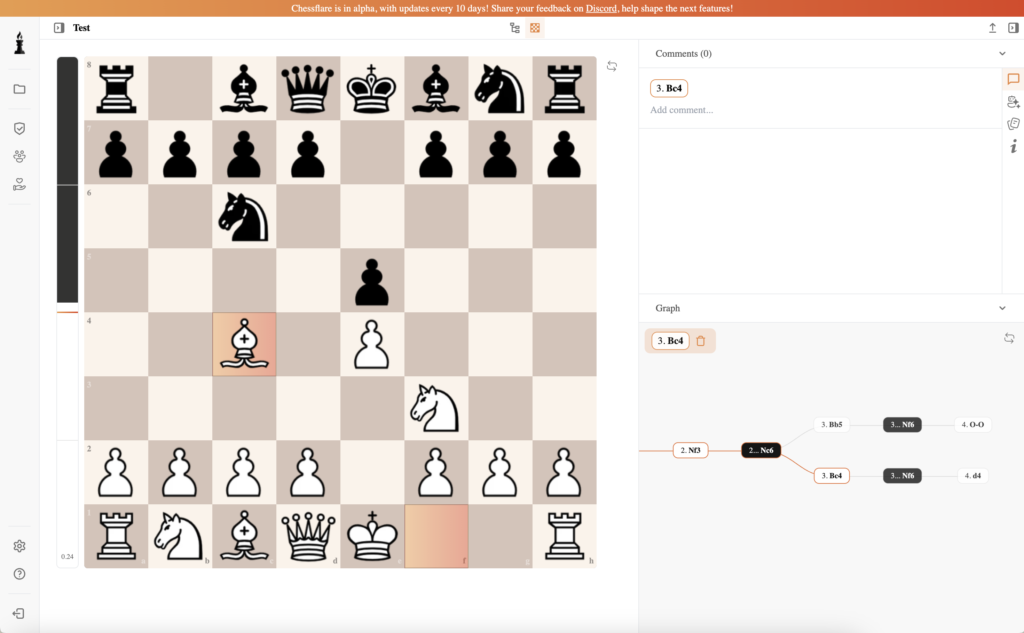A Pioneer in 19th-Century Chess Theory
Carl Jaenisch, born in 1813 and originally from the Grand Duchy of Finland (then part of the Russian Empire), is recognized as a forward-thinking chess theoretician who combined a mathematical approach with a passion for exploring the deeper principles of the game. His background as a mathematician guided his systematic study of chess positions, and he published influential works that laid early foundations for modern strategic thinking.
Mathematical and Analytical Influences
Jaenisch’s formal training in mathematics profoundly shaped his view of chess as a complex system worthy of scientific investigation. He aimed to uncover the hidden structures underlying tactical and positional motifs. By breaking down positions into their component elements, he introduced a more objective framework for assessing moves and evaluating opening lines. This analytical rigor was unusual for the mid-19th century, when intuitive play often took precedence over structured research.
Publications and Theoretical Explorations
While many of Jaenisch’s contemporaries compiled games or offered broad strategic advice, his most significant contributions were in the form of detailed treatises. These works delved into positions that other analysts had dismissed as too intricate to be studied in a purely logical way. Jaenisch argued that a methodical approach could reveal consistent principles, even in the face of the game’s seemingly limitless possibilities. His willingness to experiment also extended to innovative opening ideas, and certain lines he examined would later be recognized for their dynamic potential.
A Bridge to Modern Chess Understanding
Jaenisch’s efforts helped bridge the gap between the romantic style of play, with its bold sacrifices, and the emerging scientific outlook that became more prevalent toward the end of the 19th century. By emphasizing the importance of structure and deep calculation, he inspired later generations to explore more nuanced strategies. Though not as widely celebrated as some of his peers, his name remains tied to the evolution of analytical methods in chess.
Lasting Influence on Chess Strategy
Carl Jaenisch’s legacy endures through the broader acceptance of critical examination and theoretical rigor in chess study. He was among those who believed that logical principles could guide players to deeper truths about development, coordination, and defensive resilience. Even as theory evolved to encompass a wide variety of ideas, the spirit of systematic analysis that Jaenisch championed continued to inform the techniques of future masters and scholars.
Conclusion
Carl Jaenisch stands as a testament to how a scientific mindset can enhance our understanding of a game that blends art, strategy, and psychology. By applying a methodical lens to openings and positions, he laid groundwork for more advanced theories that would shape competitive chess in the decades to come. His life’s work illustrates the power of disciplined inquiry in an era that was gradually transitioning from intuitive play to a more structured and investigative approach.
Carl Jaenisch was a 19th-century chess theoretician and mathematician from the Grand Duchy of Finland. He applied a systematic, analytical approach to studying chess positions and influenced the rise of more scientific methods in chess theory.
Jaenisch published in-depth treatises that broke down complex positions logically. His focus on mathematical rigor laid early foundations for the later development of strategic and scientific approaches to chess.
His mathematical training prompted him to view chess as a structured system. He believed that careful, logical examination of moves could uncover underlying principles beyond mere intuitive play.
Modern players and theorists continue to benefit from Jaenisch’s emphasis on scientific investigation and logical reasoning. His legacy lives on through the systematic study of openings and positions at all levels of the game.

